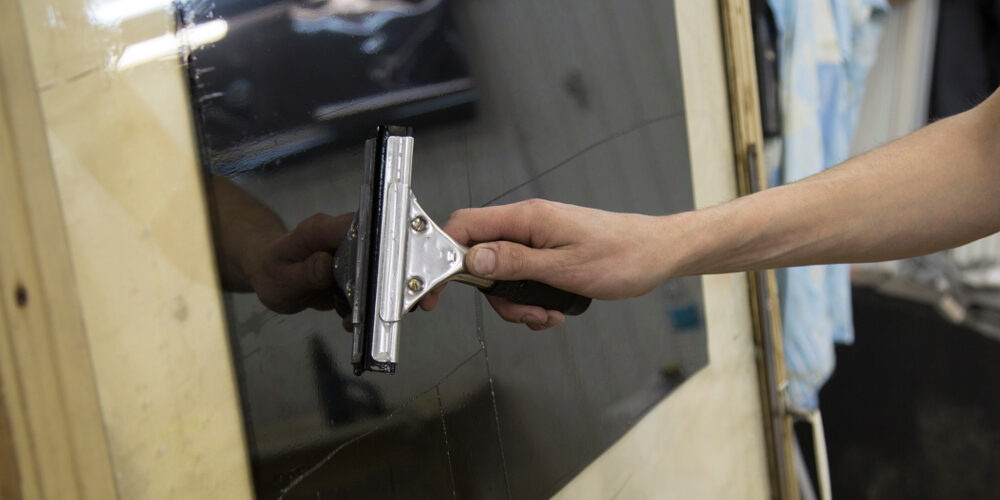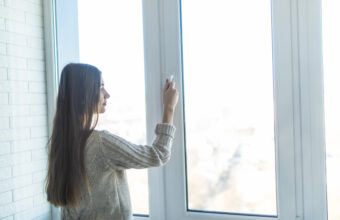While tinted glass offers several benefits, such as improved privacy, UV protection, and heat reduction, it also has some disadvantages to consider…
- Reduced Visibility – Tinted glass can reduce visibility both from the inside and outside of a building or vehicle, especially if the tint is dark. This reduced visibility may affect driving safety or hinder views from interior spaces.
- Decreased Natural Light – Dark tinted glass can reduce the amount of natural light entering a building or vehicle, which may result in darker interiors and a less inviting atmosphere.
- Regulatory Restrictions – Some jurisdictions have regulations or restrictions regarding the use of tinted glass, particularly for vehicles. Excessive tinting may be illegal or subject to fines and penalties, so it’s essential to check local laws before applying tint to windows.
- Impact on Nighttime Visibility – Dark tinted glass can reduce visibility at night, making it more difficult to see obstacles or hazards while driving. This can be particularly problematic in low-light conditions or areas with poor street lighting.
- Aesthetic Considerations – Tinted glass may not be suitable for all architectural styles or design preferences. In some cases, it may clash with the overall aesthetic of a building or vehicle, detracting from its appearance.
- Potential for Interior Heat Retention – While tinted glass can reduce heat gain from sunlight, it may also prevent heat from escaping during colder months, resulting in increased interior temperatures and higher heating costs.
- Limited Options for Removal or Modification – Once tinted glass is installed, it can be challenging to remove or modify without damaging the glass or affecting its appearance. This lack of flexibility may be a disadvantage if the tint needs to be changed or removed in the future.
While tinted glass offers several benefits, it’s essential to consider these potential disadvantages and weigh them against the advantages when deciding whether to use tinted glass for a particular application. It’s also important to choose the right type of tint and have it installed professionally to ensure satisfactory results.






